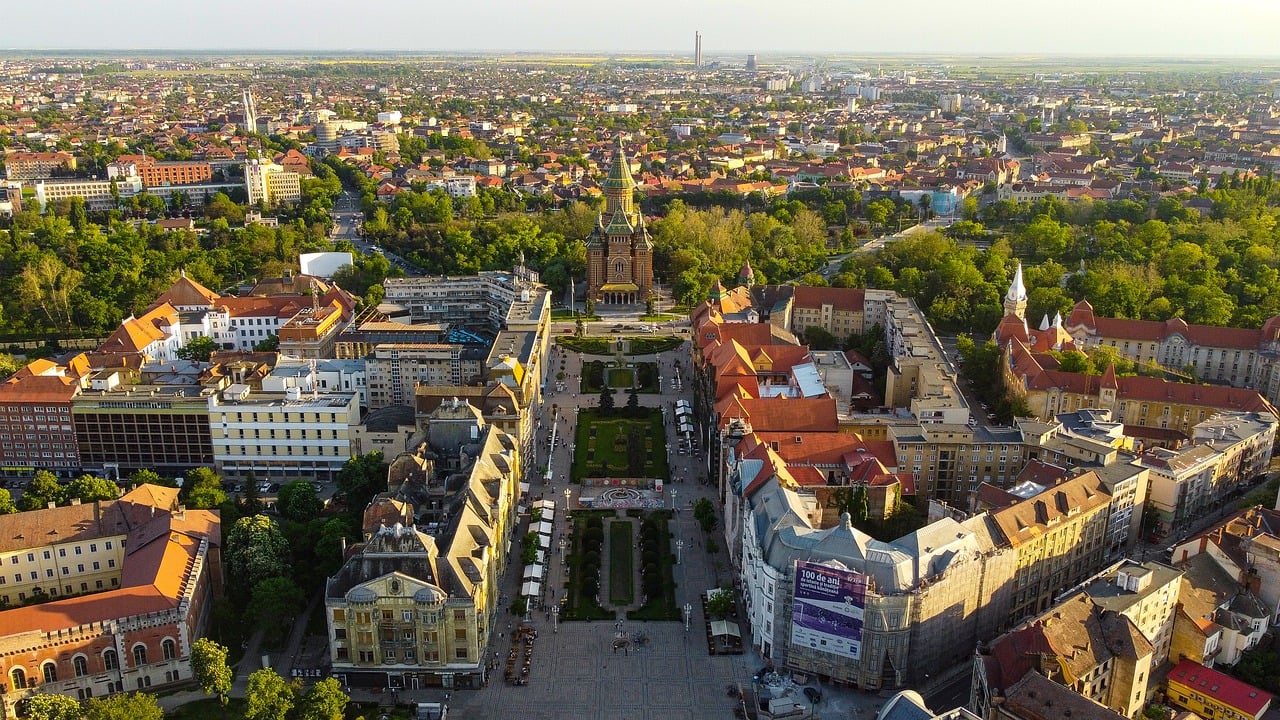
Compromises with the nationalist parties are unthinkable, and alliances across ideological divides may be necessary.Continue reading

The Timisoara (Temesvár) uprising that led to the overthrow of the communist regime in Romania 35 years ago was the result of Hungarian-Romanian solidarity, and the spirit of Timisoara still obliges us to stand up for the cause of Hungarian-Romanian reconciliation, said László Tőkés at the gala evening of the three-day commemoration of the 35th anniversary of the revolution.
The President of the Hungarian National Council of Transylvania (EMNT) recalled the common struggle of the Reformed Hungarians and the Hungarians of other religions, as well as other nationalities who stood in solidarity with them against the communist tyranny. László Tőkés, who was once a pastor in Timisoara, said:
“I thank those who came to our church at that time and stood by us when I called them, and then when I sent them home out of love for them, they did not leave (…). They did not back down, and in this way we became instruments of God’s liberating grace in overthrowing the Ceausescu regime and winning freedom.
In this way, the people of Timisoara, belonging to nearly ten nationalities and as many religious denominations, in an exemplary unity of diversity, became the leaven of the revolution and freedom fight that soon spread throughout the country.”

László Tőkés. Photo: MTI/Bruzák Noémi
In his view, the fact that in 1989, in Timisoara and in the face of the divisive policies of the Ceausescu regime and the notorious Securitate (communist political police),
Romanians and Hungarians found each other, creating the long-standing possibility of Romanian-Hungarian national reconciliation, was of extraordinary symbolic value.
However, this “elevated state of understanding and search for peace” was shattered three months later by the “Black March” of Targu Mures (Marosvásárhely), an attempted pogrom based on a Securitate scenario, the EMNT president recalled.
“What we once started, we must continue in the same place, going back to the beginning. One of the greatest sins of the post-communist regime, which bears the name of Ion Iliescu, is that it has brought the cause of Romanian-Hungarian reconciliation to a standstill.
Our task, on the other hand, is to bring about a change in Romania’s minority policy and historical reconciliation between our nations,”
said Tőkés.
Via MTI, Featured image: Pixabay